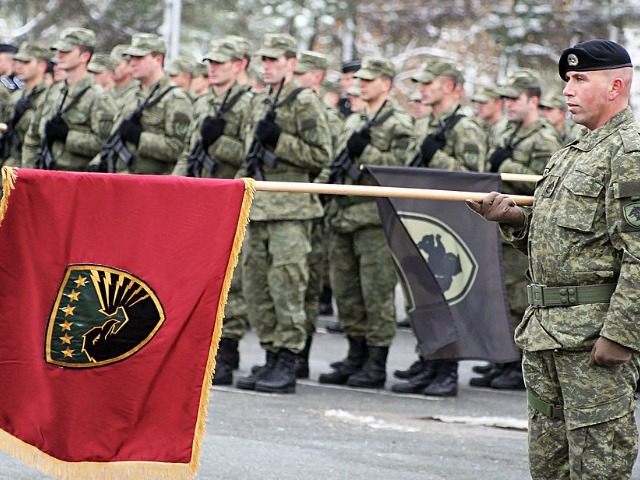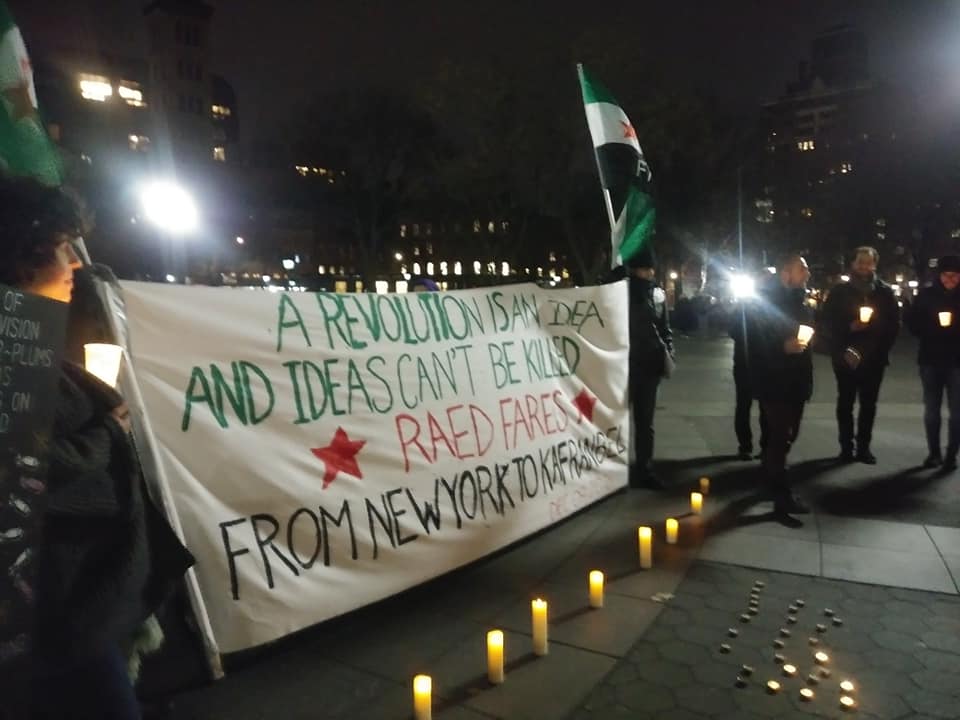US air-strikes target Shabaab ‘encampment’
More than 60 were killed in US air-strikes that targeted "a known al-Shabaab encampment" near southern Somalia's Gandarshe town. US Africa Command asserted that no civilians were killed and that the strikes were launched to "prevent terrorists from using remote areas as a safe haven to plot, direct, inspire, and recruit for future attacks." These were the deadliest air attacks in Somalia since November 2017 when the US said it killed 100 militants. The targeting of Shabaab increased after March 2017, when the Trump administration loosened restrictions on the US military to use force against the insurgent army. The US military has now struck Shabaab targets 45 times in 2018, compared with 31 times last year. The US has a huge military base in neighboring Djibouti, from where it launches air-raids on the militants. (Image: Lockheed Martin)






